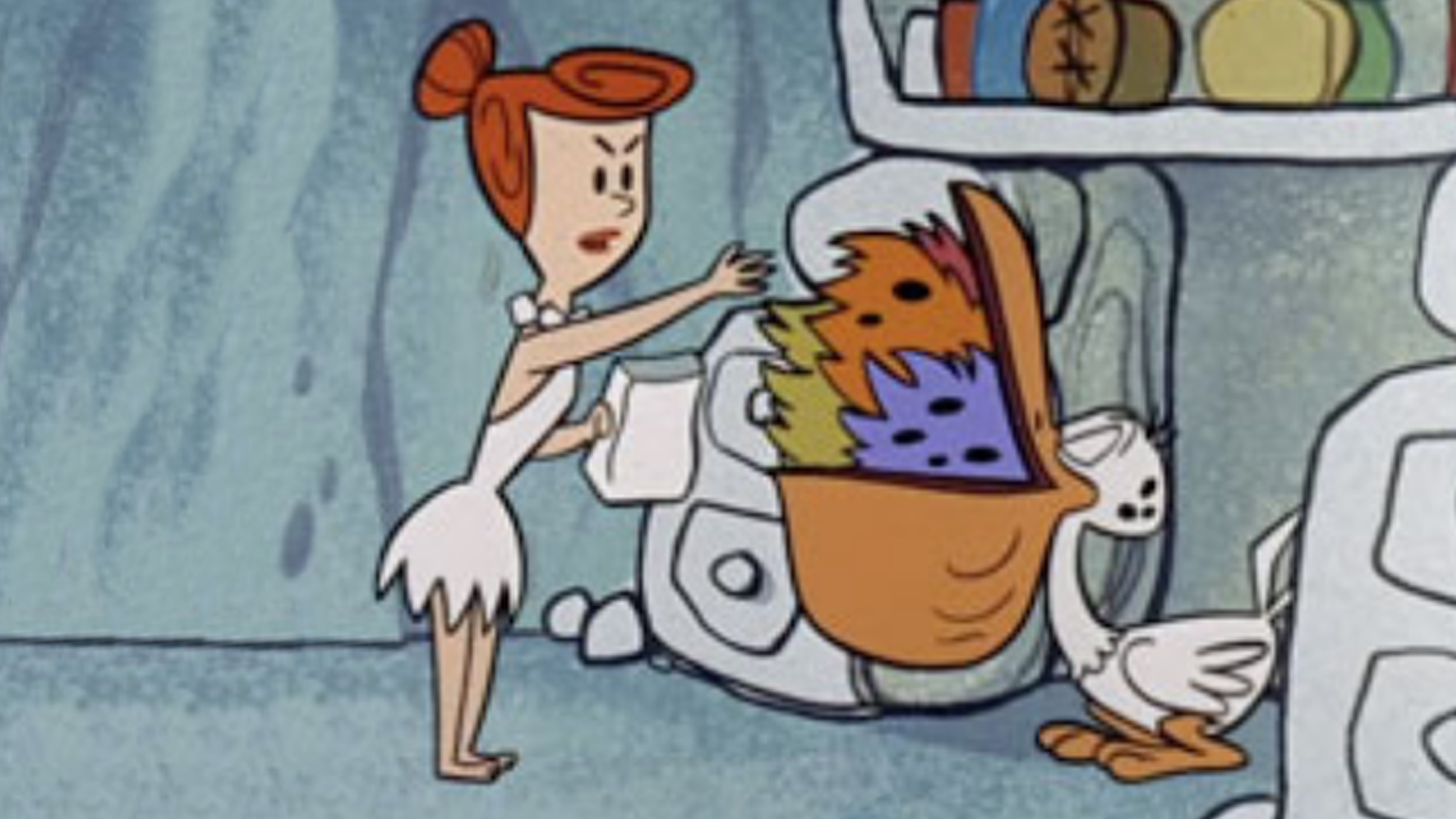This is a reading of the classic American novel Moby-Dick, as interpreted by Jack Pendarvis. To embark at the beginning, please click here.
XIII.
But I asked Theresa, and she never heard lobster tails called by the name… “bulldozers,” right?
THERESA: No.
JACK: She said no. I’m not sure she said it loudly enough for the mic to pick up. She’s in the hallway over there, and… but, on the other hand, Theresa’s not from the Gulf Coast, and I am, but I’ve never heard of it either, much to my mother’s evident amazement, so maybe I’m just a man without a… country.
THERESA: In Georgia we call them Tonka Trucks. Just kidding.
JACK: [Laughter.]
[End of recording.]
[New recording.]
Uh, shame on him who doubts his mother.
I Googled the…
[Something rolling around. Metal on wood?]
First of all, I take that back. It’s okay to doubt your mother. I don’t know your mother!
Uh, anyway, I just wanted to state for the record that there are lobsters known colloquially as “bulldozer lobsters.” And I assume that’s what my mom was referring to. It was my mistake to think the tails of the lobsters—that the tail, thus severed from its owner, was called the bulldozer.
Hahhhhhyahhmm.
Anyway, Wikipedia has “slipper lobster” as the most common name for this sort of lobster, and then under a long list of alternative lobster names—do you know, I actually have a book around here, hahh, I have no idea where it is… I think it’s called… something like Shellfish of Alabama. [Laughter.] Hmm. Where is that, I wonder.
[Long pause.]
Oh, I read Chapter Twenty-One of Moby-Dick. [Short pause.] What happened in it?
Well, they’re goin’, they’re gonna get on the Pequod, and they’re coming through the misty morning… the sun…
What’s that, uh, clattering sound?
THERESA: Oh, what do you think? It’s me and this stupid gate.
JACK: [Laughter.] Well. I thought you had a good handle on that thing.
THERESA: I did.
JACK: Well, is there something wrong with it?
THERESA: No, there’s something wrong with me.
JACK: [Laughter.] I’m just talking about Moby-Dick into this tape recorder.
THERESA: I know.
JACK: I mean, digital recorder.
[Interminable pause.]
Uhm…
[Very, very long pause.]
Man, my stomach made a noise. I don’t know if the recorder picked it up. Uh, my stomach’s making more and more noises. I suppose—but why do you think that is? Uhm…
And, you know, I have videoconferences with people. Well, one is in Sweden and two more are in California. Uh, I have those several times a week, and, uhm, they can hear my… they can hear my stomach making noises! And, uh, the other day, my stomach made a noise, and… Adam didn’t know what that was, and he said, “I heard something roaring!” [Laughter.] “What was that?” He was alarmed. And I had to, you know, come clean. And admit that my stomach just constantly issues a… symphony of… complaints.
Anyhow, so…
It’s just the new, the new normal, as they say. Somebody says that. Or maybe nobody says that anymore.
“Don’t normalize it!” People said that a lot… in recent history.
Mmm.
[Rattling sigh.]
Wait! Okay. So they’re coming—I… they’re going through the streets of town… headed for the Pequod, and they see… well, Ishmael sees… four or five mysterious shadowy figures slipping through the mist, and…
[Very long pause.]
And then they run into the—you know, Elijah, the… wild-eyed… prophet.
“Did you see those fellows?”
“Uh, yeah, I saw some guys.”
Queequeg, later, is like, “I didn’t see anybody!”
Mmmmmmmmm.
“Well, what are you talkin’ about, Elijah?”
“Mm, never mind.”
I tell ya, he’s pretty cagey for a prophet. They usually like to… you know, there’s a reason that there’s a word “jeremiad.”
It’s because prophets like to make speeches! This one’s more, uh… circumspect.
The Circumspect Prophet: A Novel.
A terrible novel.
By Jack Pendarvis.
Uhhrrrhhhhhohh.
Wait. So that’s about it for excitement in that chapter. We get a comical interlude in which… uhhm… Queequeg, Queequeg just sits on a guy they find asleep. And Ishmael’s like, “You can’t go around sitting on people.”
And Queequeg says, “Well, back home, you know, we just get a bunch of fat guys and kind of put ‘em around the house like chairs and pillows and just sit on ‘em. Uh, and then, much like a turtle on The Flintstones, they turn to the camera and say, ‘It’s a living!’ and shrug. Or like a pelican they’re using as a garbage disposal.”
Queequeg doesn’t bring up The Flintstones. That’s my own addition.
And, d-uh, that’s about that for that chapter.
So…
I give you… Queequeg sitting on a guy.
“Yeah, back home, we get a couple of fat guys, throw ‘em around the house to just—you know, they got nothing better to do, and… make a nice, uh… coffee table.”
[End of the recording about Chapter Twenty-One of Moby-Dick.]
[New recording.]
All right, I’m goin’ off to do some chores. I thought I’d bring the… recorder with me, instead of [short laugh] talking to my—walking around the h—top floor of the house like the first Mrs. Rochester, and uh, you know.
Ehhhhhhhhh.
[Bumping noises.]
Okay, so… well… let’s see. I had a lot to talk about. [Car door slams.] And I might not even get done before I arrive at my destination. [Electronic beeping sound from car.] In which case… be quiet, NPR!
Aauuhh.
That was me turning down the radio.
Where should I put you, little… uh, little friend? All these places seem too low.
All right!
Here we go.
Sail onward to the next exciting chapter here.
Jack Pendarvis is a writer who lives in Oxford, Mississippi. In this weekly transcription, we join him as he reads Moby-Dick.
You may also like to read along with the text of the novel here (highly recommended).






